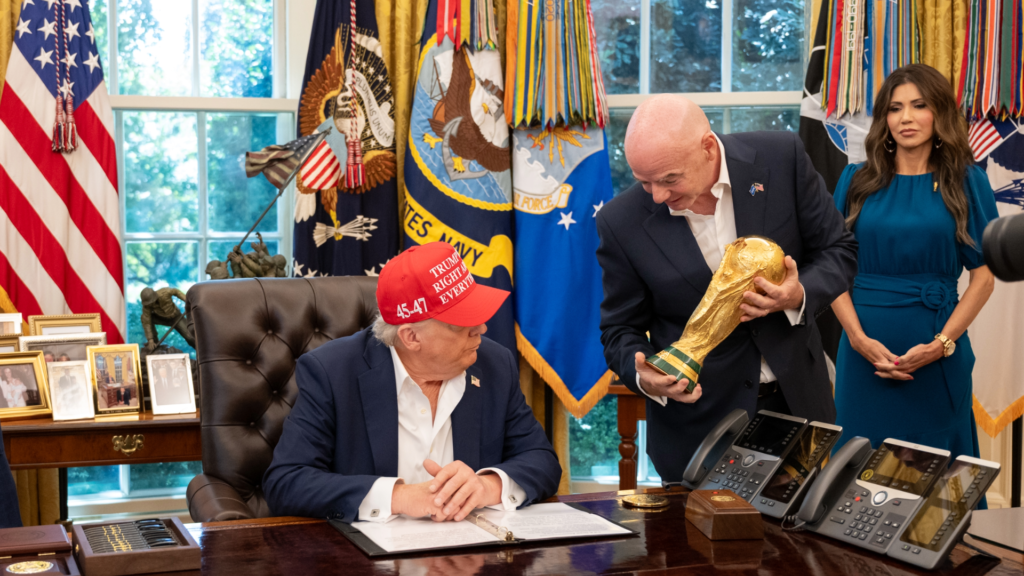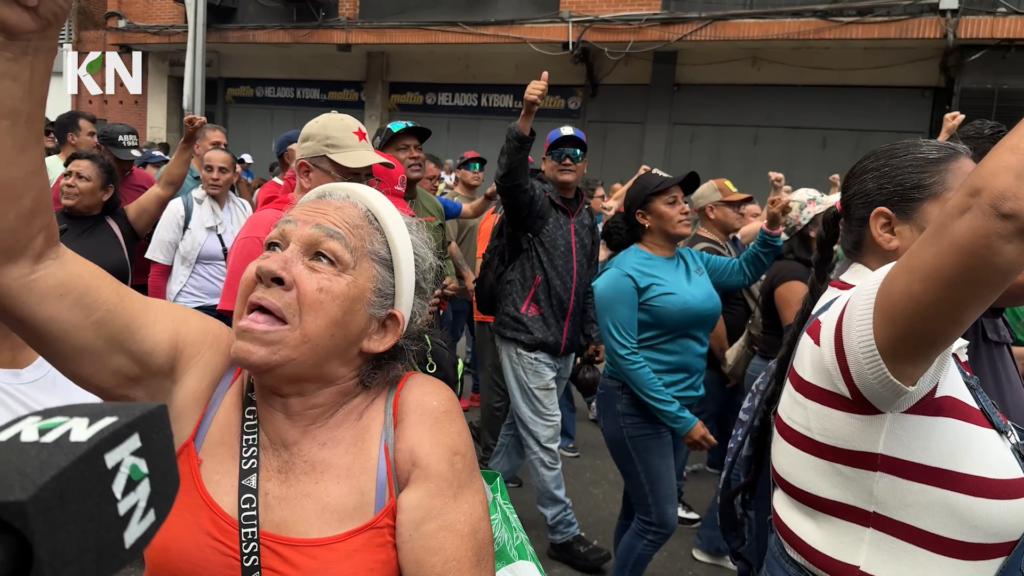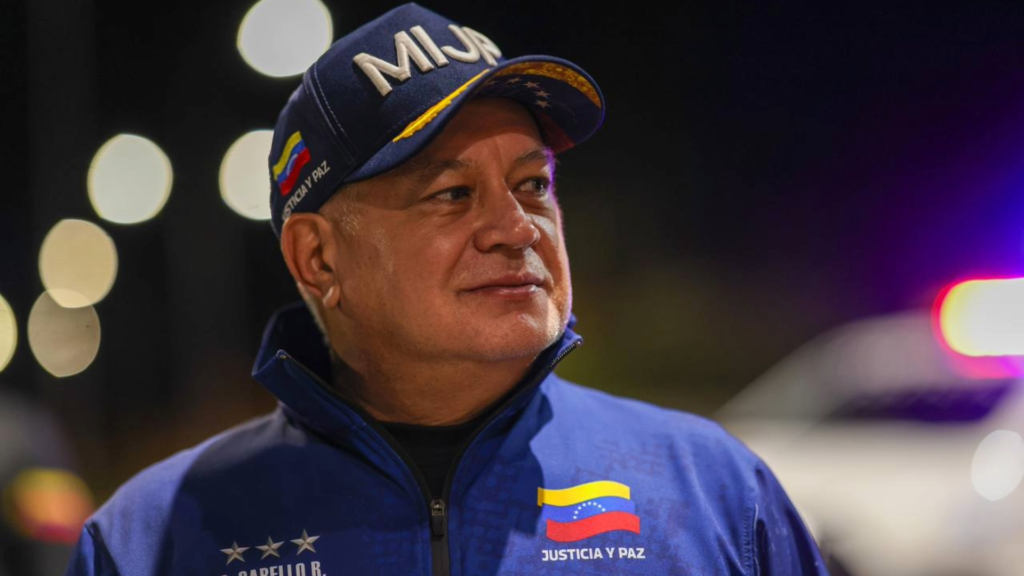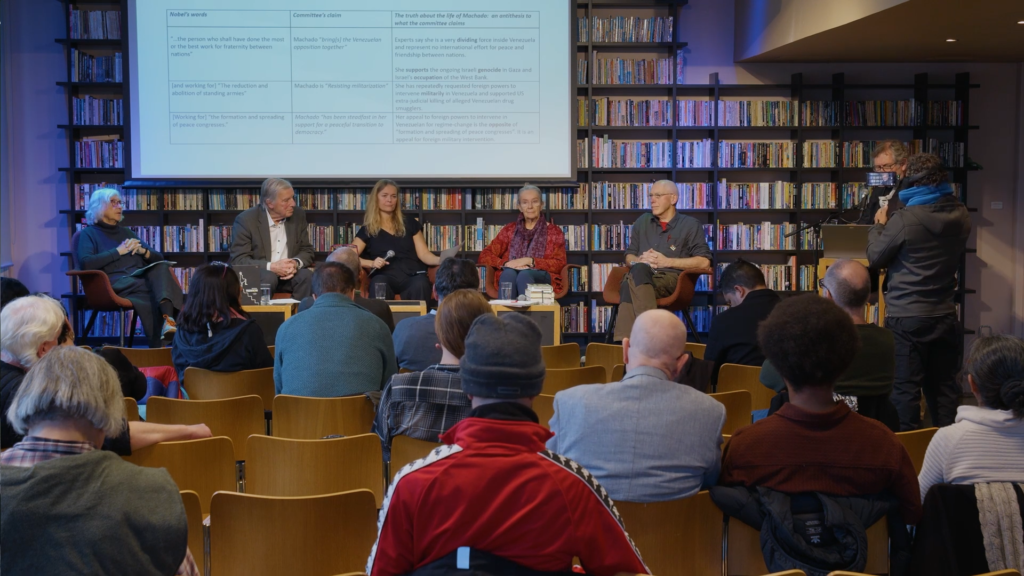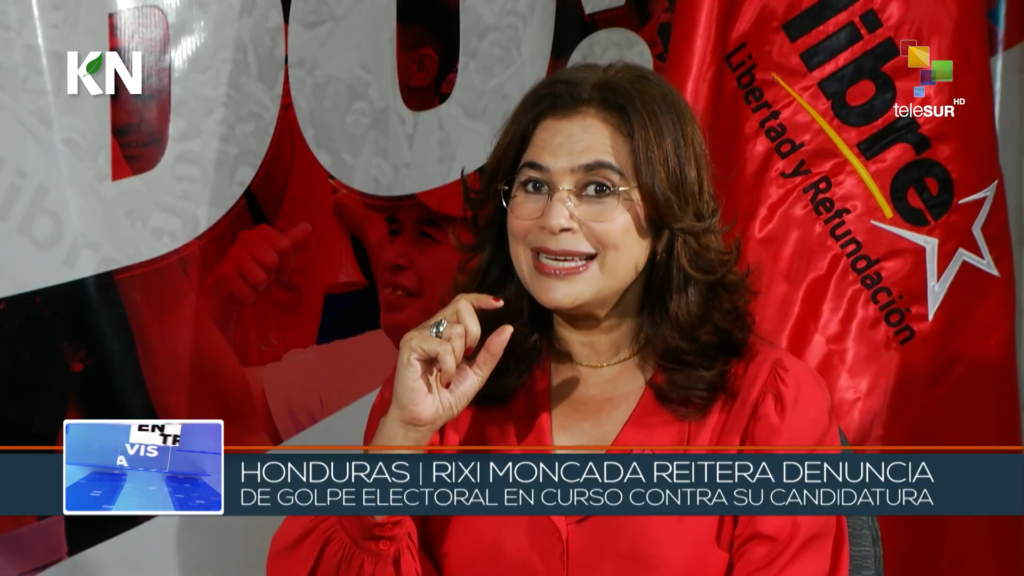As all deadlines are inevitable, the date of the elections in Bolivia arrived. These elections took place twenty years after Evo Morales’ electoral victory, which led the country to become a plurinational state and experience the period of greatest political stability, economic growth, and social justice in the country’s bicentennial history.
The main result is that Bolivia’s largest political movement has lost political power. The former electoral hegemony that won the last six national elections with a percentage greater than or close to fifty percent has suffered its first major defeat at the polls.
Before analyzing the causes and possible consequences, let’s look at the preliminary data: Rodrigo Paz Pereira, son of former president Jaime Paz, surprised with a percentage of over 32 percent; Jorge Quiroga, the eternal ally of the most reactionary international right wing, reached 27 percent; Samuel Doria Medina, cursed with constant defeat, got 20 percent; Andrónico Rodríguez, about whom we write in the following lines, got a little over 8 percent; Manfred Reyes Villa, the former military man and Zionist, got 6.6 percent; and E. Del Castillo, with the acronym snatched from the MAS-IPSP, got just over 3 percent and is at serious risk of losing his legal status.
One crucial factor has to do with invalid votes. Evo Morales and the indigenous and peasant social organizations that were systematically banned and violently repressed by Luis Arce’s government decided to campaign for invalid votes as a protest against the illegitimacy of the elections. Null votes never had much relevance in past elections, averaging around 3 percent. In these elections, they came as a big surprise and taught a big lesson, reaching 20 percent of the total votes, without financial resources and under harassment from most of the media.
So, there will be a runoff between Paz and Quiroga. Two right-wing candidates who will seek the support of other right-wing parties, which will radicalize their campaign toward that extreme. The right wing accounts for approximately 70 percent of the votes. If they unite, they will have a qualified majority in the Legislative Assembly and will attempt to reverse the profound transformations of the period presided over by Evo Morales.
And the left?
The government of Luis Arce did everything in its power to try to destroy the leadership of Evo Morales: the theft of the MAS-IPSP acronym, the annulment of any possibility of participation with another acronym, the violent takeover of social organizations, the disqualification of Evo Morales, the attempt on his life, the persecution and imprisonment of more than 100 people who protested against the ban, and, as reported by Diario Red, payments to judges and members of the Supreme Electoral Tribunal to remove him from the electoral board.
In the case of Andrónico Rodríguez, who was seen as the natural political heir to Evo Morales’ leadership, he decided to run for office behind the backs and against the decisions of social organizations. The election results are clear and undeniable proof that his decision ended up legitimizing elections that were tainted by the banning of Bolivia’s most important political movement.
Regarding Evo Morales, it is a serious mistake or disqualifying ignorance to try to reduce his position as if it were a personal matter or, worse still, a matter of his generosity or selfishness. It is the indigenous and peasant social organizations, the essence of the Political Instrument, which, as a result of a debate within their structures, decided to protest the ban, not to legitimize the elections, and to annul their votes.
Evo Morales was the only one who proposed holding closed or open primaries, or conducting “Mexican-style” polls for the election or selection of the popular movement’s candidate. Arce and Rodríguez decided to rule out that possibility and base their electoral proposals on what they assumed were the ashes of Evo Morales’ leadership. They were wrong.
The elections allow us to objectively identify where the Bolivian popular movement stands, and the results are clear: it stands with the indigenous and peasant social organizations, and they stand with Evo Morales.
What remains to be done?
The election results are bad. The right wing will have political control in the midst of a serious economic crisis. Now, they will try to apply the old failed recipes of making the poorest bear the brunt of that crisis. Given this scenario, and as was done during the 2019 coup, it is essential to reorganize around indigenous, peasant, and popular social organizations, with the leadership of Evo Morales. Andrónico Rodríguez has the opportunity and responsibility to return to the heart of these organizations and face the next battle together: the campaign for null votes in the second round of elections.
Sacha Llorenti is Bolivian, lawyer, former minister and former president of the UN Security Council.
This article has been translated from Spanish by Kawsachun News. Read the original on Diario Red.


